If you have high arches, you’re likely familiar with the discomfort that can come from wearing the wrong shoes. Finding the perfect footwear can be a challenge, especially when you want style and comfort. In this comprehensive guide, we’ll explore the best shoes for high arches, provide real-world footwear experiences, and offer tips to help you make an informed choice.
Understanding High Arches: What They Mean for Your Feet
High arches, medically known as pes cavus, occur when the arch of your foot is higher than normal. This condition can lead to various foot problems, including discomfort, instability, and greater risk of injuries. When selecting footwear, it’s essential to understand how high arches affect your walking and standing posture.
Signs You Have High Arches
How do you know if you have high arches? Here are some common signs:
- Pain in the ball or heel of your foot.
- Frequent ankle sprains.
- Calluses or corns forming on the balls or heels of your feet.
- A tendency to supinate (rolling outward) when walking.
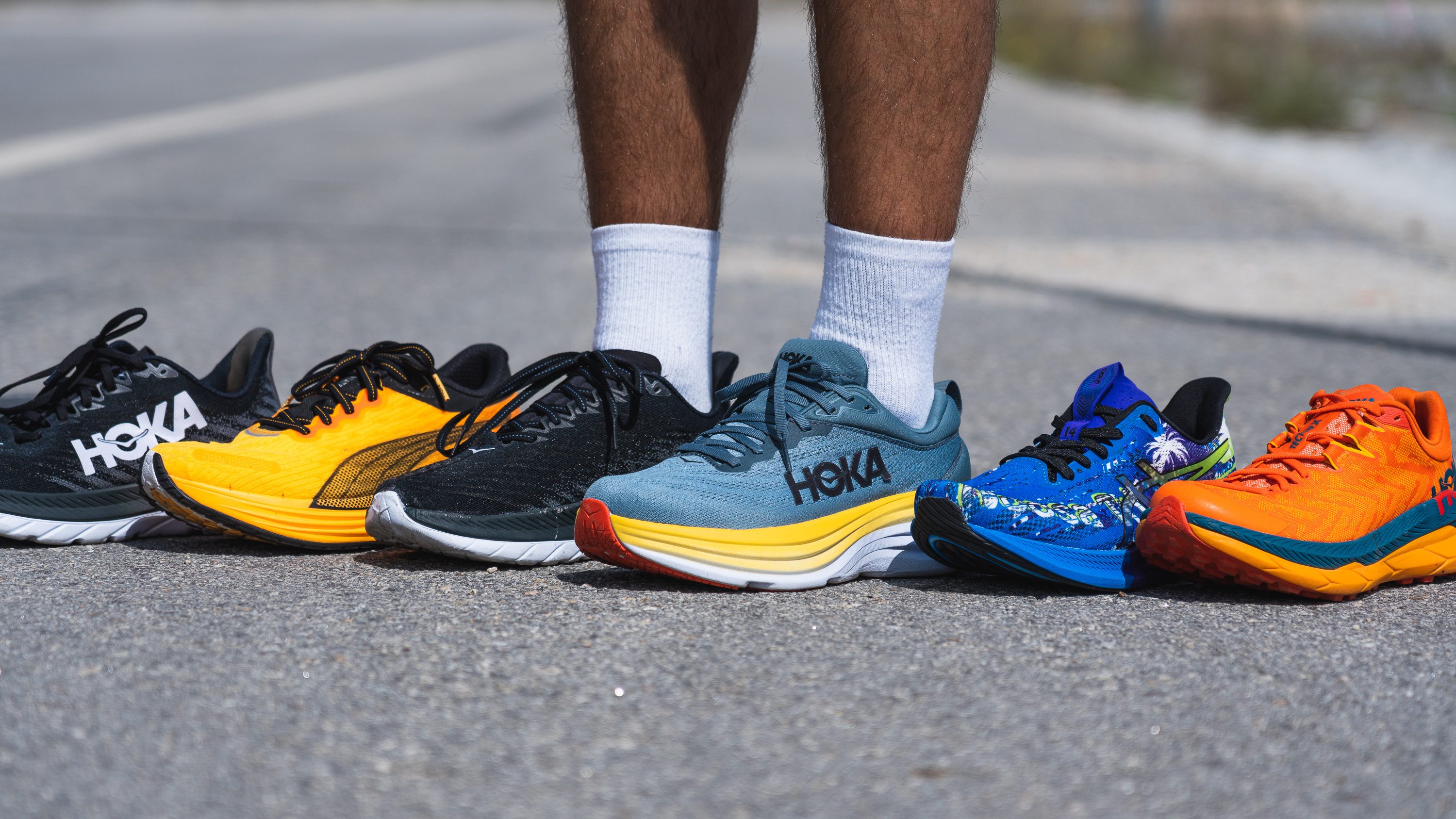
Benefits of Proper Footwear for High Arches
Wearing the right shoes can provide significant benefits, including:
- Enhanced comfort during long hours on your feet.
- Better shock absorption and reduced impact on your joints.
- Improved balance and stability.
- Lower risk of injuries, including plantar fasciitis and ankle strains.
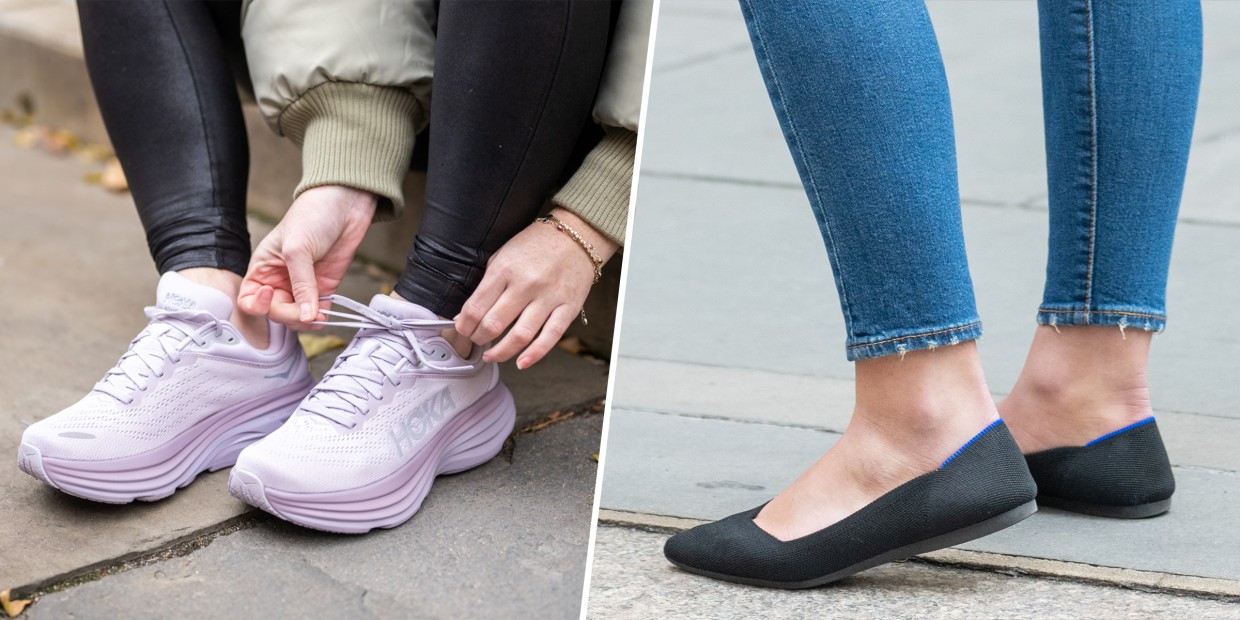
Key Features to Look for in Shoes for High Arches
When searching for suitable footwear, consider the following features:

Cushioning
High-arch shoes should provide excellent cushioning to absorb shock and minimize pressure on the feet. Look for shoes with cushioned insoles, midsoles, and additional padding.
Arch Support
Proper arch support is crucial for high arches. It helps distribute weight evenly and prevents overpronation or supination. Shoes with contoured footbeds are ideal.
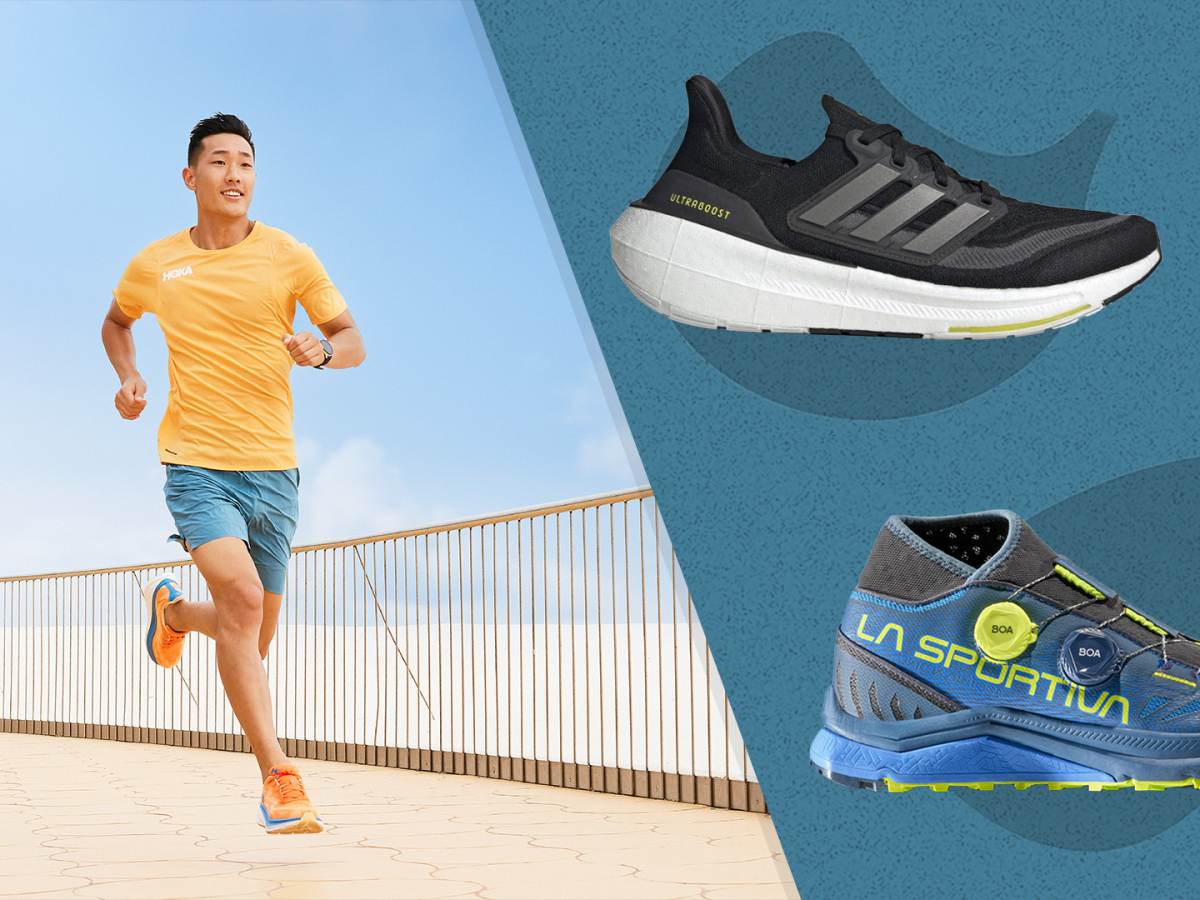
Size and Fit
A snug fit is essential for stability. Opt for shoes with adjustable features, like laces or straps, to ensure a secure fit. Avoid shoes that are too tight or loose, as they can exacerbate discomfort.
Material
Choose shoes made from breathable and flexible materials. Leather and synthetic uppers can offer both comfort and durability.

Top Shoes for High Arches: Our Recommendations
1. Brooks Ghost 14

The Brooks Ghost 14 is tailored for those with high arches, offering incredible cushioning and support. With a soft, breathable mesh upper and a padded tongue, these shoes are perfect for running or all-day wear.
Pros and Cons
| Pros | Cons |
|---|---|
| Excellent cushioning | Can be pricey |
| Great for running | May not provide enough arch support for some |
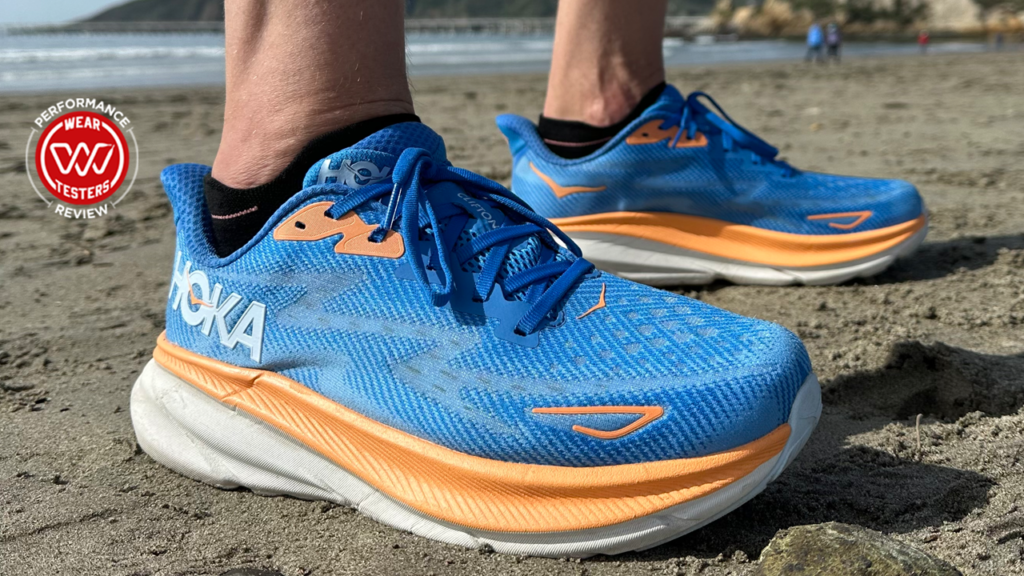
2. ASICS Gel-Kayano 28
The ASICS Gel-Kayano 28 is a favorite among runners with high arches. Its GEL technology provides superior shock absorption, making it ideal for long-distance running or walking.
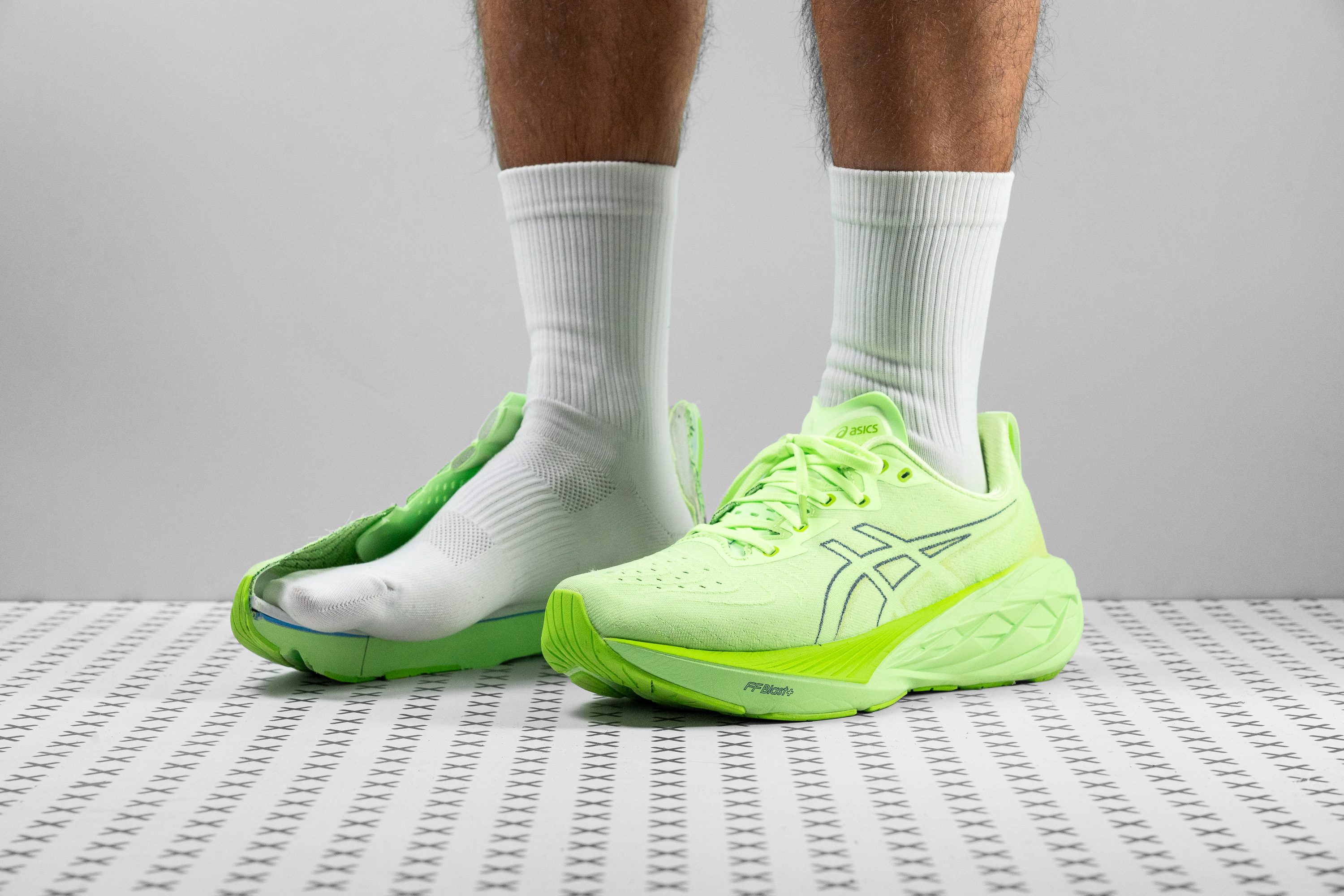
Pros and Cons
| Pros | Cons |
|---|---|
| Excellent stability | Heavier than some competitors |
| Durable materials | Higher price point |
3. New Balance 990v5
New Balance has long been a go-to brand for those seeking shoes for high arches. The 990v5 combines classic style with modern support and cushioning, making it a favorite among fashion lovers and professionals alike.
Pros and Cons
| Pros | Cons |
|---|---|
| Timeless design | Can be bulky |
| Excellent arch support | Expensive for some budgets |
Real-World Footwear Experiences
Case Study: Maria’s Journey to Find Comfortable Shoes
Maria, a 35-year-old marketing professional, struggled with foot pain due to her high arches. After researching and trying multiple pairs, she found the Brooks Ghost 14 to be a game-changer. She shared, “The cushioning felt like walking on clouds, and the support allowed me to stay on my feet during long meetings without any pain.”
Comparing Popular Brands
When shopping for shoes for high arches, it’s helpful to compare popular brands. Below is a comparison table highlighting some key features:
| Brand | Model | Cushioning | Arch Support | Price |
|---|---|---|---|---|
| Brooks | Ghost 14 | Excellent | Moderate | $140 |
| ASICS | Gel-Kayano 28 | Superior | Excellent | $160 |
| New Balance | 990v5 | Good | Excellent | $175 |
Tips for Choosing the Right Shoes for High Arches
1. Get Professionally Fitted
Visiting a specialty footwear store for a professional fitting can help you find the right size and style suited for your high arches.
2. Test for Flexibility
Make sure that the shoe bends at the toe area but doesn’t twist in the middle. Flexibility in the forefoot area is important for comfort and stability.
3. Seek Recommendations
Don’t hesitate to ask fellow shoe enthusiasts or professionals for their recommendations. Online reviews can also provide valuable insights into product performance.
Frequently Asked Questions
1. What are the main symptoms of high arches?
The most common symptoms of high arches include foot pain, frequent ankle sprains, and discomfort in the ball or heel of the foot.
2. Can I wear any shoes if I have high arches?
No, wearing improper footwear can lead to increased foot pain and injuries. It’s crucial to select shoes that provide adequate support and cushioning.
3. How do I know if a shoe has good arch support?
Look for shoes with a contoured footbed, solid midsole support, and positive user reviews regarding arch support.
4. Is it necessary to buy specialized shoes for high arches?
While not strictly necessary, specialized shoes can significantly improve comfort and prevent long-term issues related to high arches.
5. Are there specific brands known for good shoes for high arches?
Brands like Brooks, ASICS, and New Balance are well-recognized for producing quality footwear for individuals with high arches.
6. Can insoles help with high arches?
Yes, orthotic insoles can provide additional arch support and cushioning, making them a great option for enhancing comfort in regular shoes.
7. How often should I replace my walking shoes?
Typically, you should consider replacing your walking shoes every 300-500 miles, or when you begin to notice signs of wear, such as lack of support or cushioning.
8. Is there a difference between running and walking shoes for high arches?
Yes, running shoes often have more cushioning and support tailored for impact, while walking shoes are designed for stability and comfort over longer periods.
9. Can the wrong shoes affect my posture?
Absolutely! Wearing shoes that don’t provide the necessary support can lead to misalignment in your posture, causing discomfort and potential long-term issues.
Conclusion: The Perfect Footwear Awaits
Finding the best shoes for high arches doesn’t have to be a daunting task. By understanding your specific needs and considering the features outlined in this guide, you can make an informed decision. Whether you’re a professional on your feet all day or a casual wearer, the right footwear can make all the difference in comfort and style. Happy shoe hunting!